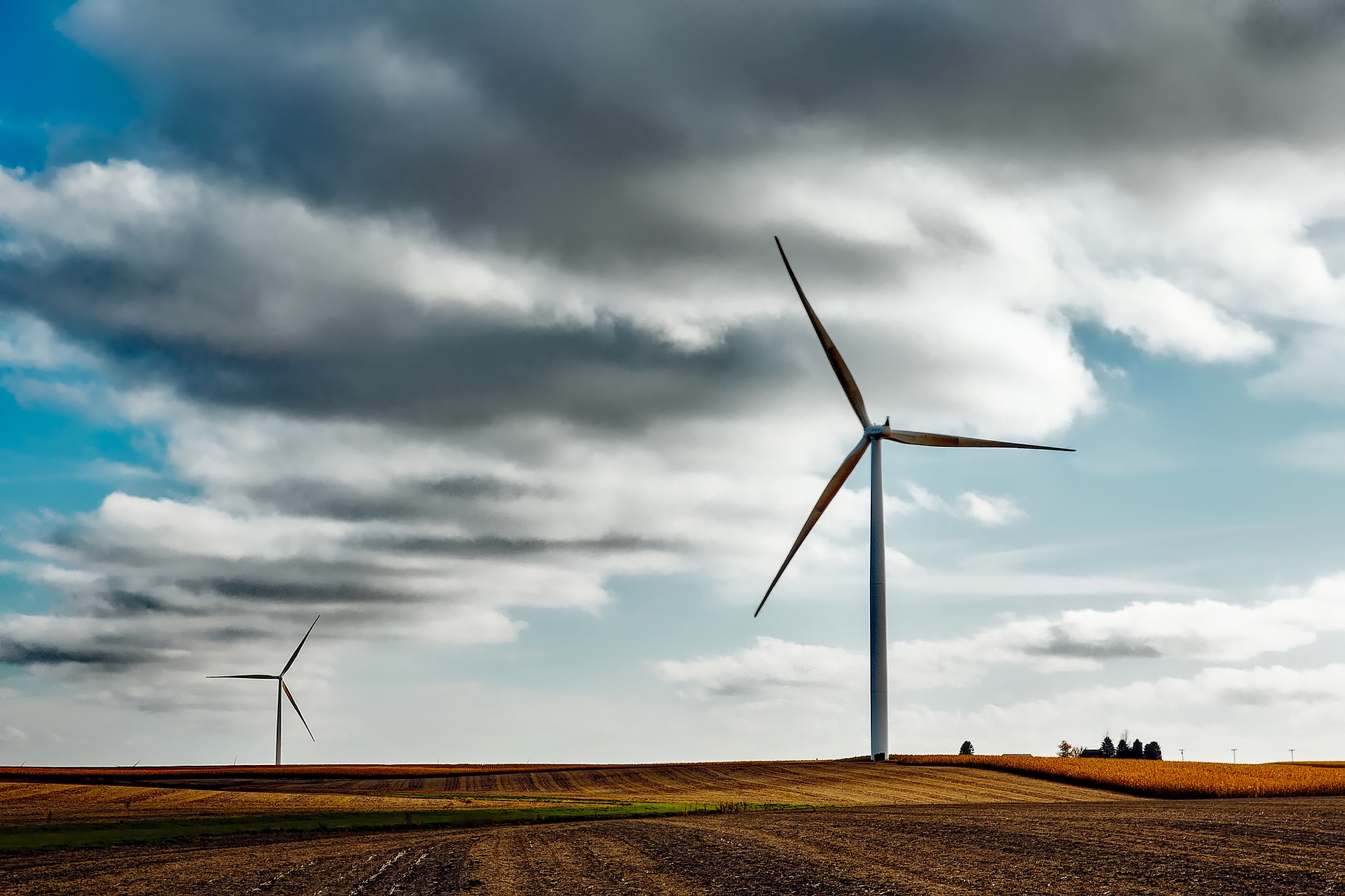

The Florida Energy System Consortium (FESC) performs scholarly research and analysis of energy systems that contributes to a sustainable energy economy for Florida. In formulating a research plan for FESC, it became obvious that while most current university research was focused on specific energy components, a research gap existed from a systems perspective. It was believed that combining expertise at the State universities would position university researchers to address energy systems in a manner not possible at a single university. Building on this observation, our stated vision is to be a world leader in energy research enabled by a systems approach.

The project research goal is to address the challenges of the reliable flow of electrical energy throughout the state as the power system is transformed to include significantly more renewable and alternative sources, possible expansion of new very-large centralized base load (nuclear), and incorporation of new power conversion, transmission, measurement, communication and control technologies (smart grid).
More on the project
In 2007, the governor of Florida established targets for greenhouse gas (GHG) emissions, which mandate that the state of Florida aims to reduce emissions to 2,000 levels by 2017 and to 1,990 levels by 2025. To fulfill these goals, not only is the development of renewable sources of energy and fuel needed, but it is also necessary to achieve more sustainable energy/fuel consumption patterns.
More on the project
The design detailed is unique as it is a wave point energy harvester that is small in size and contains all of the mechanical components directly within the buoy. The project focuses mainly on the mechanical system within the buoy as well as methods to control the electrical load on the system.
More on the project